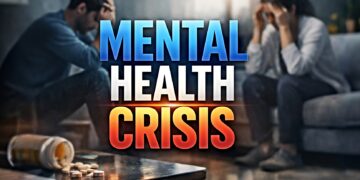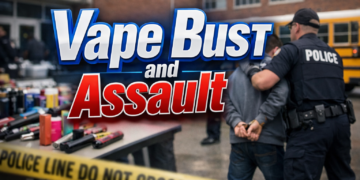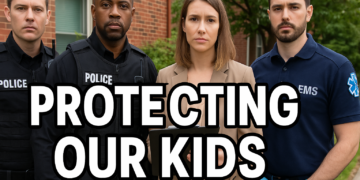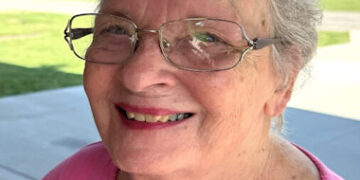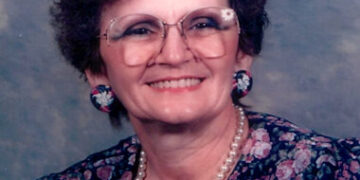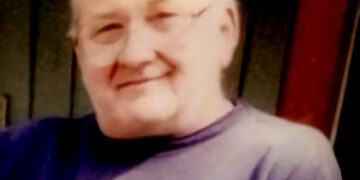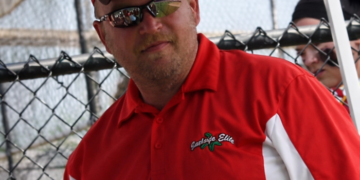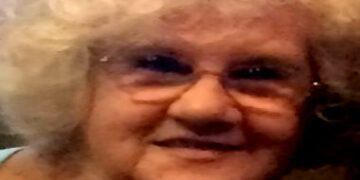When Scioto County deputies got the call, the scene sounded dire: “A man is holding a woman down on the ground at the corner of Washington and 10th.” For dispatchers and officers, that description often means one thing—domestic violence. But when deputies arrived in West Portsmouth, the truth turned out to be far more complicated.
Officers found a man and woman outside. The woman, unsteady and heavily intoxicated, was also diabetic. She had been drinking all day, her blood sugar dropping dangerously low. The man explained he wasn’t restraining her out of aggression, but instead trying to keep her from wandering into danger. He said he had carried her back inside several times, only for her to leave again.
Deputies checked both individuals for injuries. No signs of physical harm were found, and the woman denied any assault had taken place. EMS was called, but she refused medical treatment and went back inside the residence.
👮 When Police Become Social Workers
This case highlights a truth officers see daily: not every call is about crime. Sometimes, police are thrust into the role of mediators, social workers, and health advocates all at once. They don’t just respond to danger—they often navigate the tangled mix of addiction, health conditions, and relationships that drive many 911 calls.
Instead of handcuffs, the most important tools can be patience, observation, and compassion. Officers must assess whether they’re looking at a crime, a health crisis, or both—often in the space of just a few minutes.
🍺 Helping a Loved One Who Drinks to Excess
Watching someone you love struggle with alcohol can be painful—and scary. If you’re worried, here are steps you can take:
- Start with compassion, not confrontation: Choose a calm moment to talk, avoiding blame or anger.
- Encourage medical evaluation: Alcohol use can worsen other health conditions like diabetes, making professional care even more critical.
- Look for support programs: AA, SMART Recovery, or local counseling centers can provide structured help.
- Know the red flags: Missing work, personality changes, secrecy, or repeated medical scares may all signal drinking has crossed into dependency.
- Don’t do it alone: Support groups for families (like Al-Anon) can help you cope while encouraging your loved one to seek treatment.
👉 The West Portsmouth case is a reminder that what looks like violence can sometimes be a cry for help. Officers walked into a situation that wasn’t about crime, but about health, alcohol, and poor decisions. And while they kept the peace, the deeper issue remains—alcohol abuse is a fight that requires family, friends, and community support, not just law enforcement.


